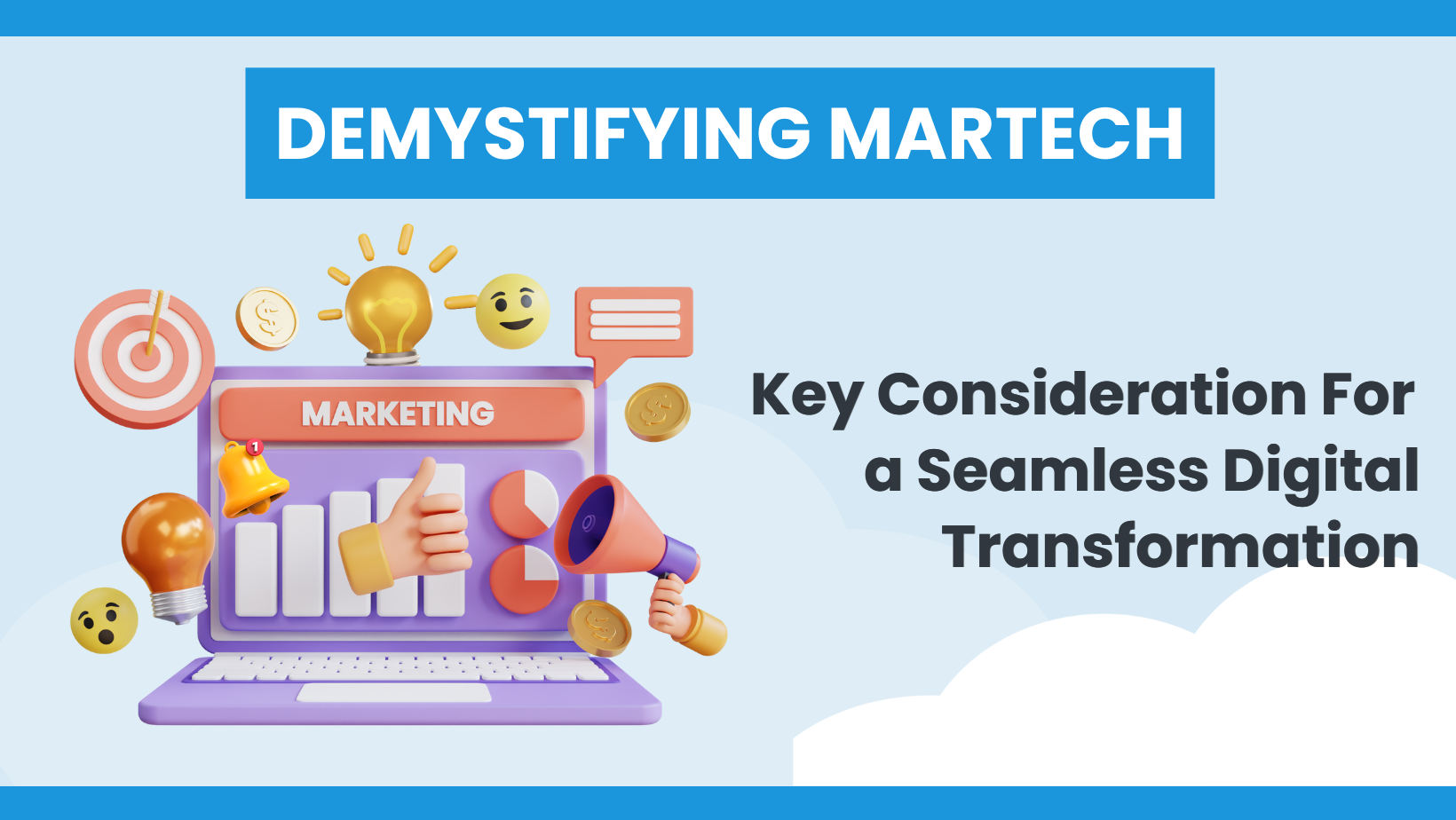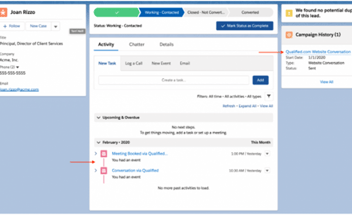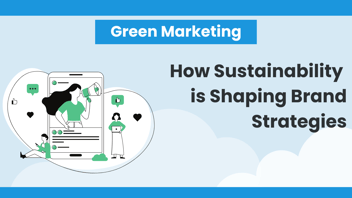Marketing Technology, often referred to as MarTech, has grown exponentially over the past decade. Businesses, irrespective of their size or industry, find themselves in the midst of a digital wave that requires them to not just understand MarTech but also to integrate it effectively within their operational framework. As with all technological advancements, the world of MarTech comes with its set of challenges and opportunities. Let's dive deep into understanding MarTech and its various considerations.
What is MarTech?
Before dissecting the intricacies, it's essential to grasp the concept of MarTech. At its core, MarTech refers to the fusion of marketing and technology. Any tool or software used by companies to aid their marketing efforts on digital platforms can be categorized under MarTech. Tools for analytics, CRM systems like Salesforce and HubSpot, and automation platforms are all part of the extensive MarTech landscape.
Why is MarTech Important?
In today's digital age, the customer journey is largely online. From discovering a brand to post-purchase interactions, most touchpoints are digital. MarTech tools allow businesses to streamline these touchpoints, ensuring consistent, personalized, and efficient interactions.
Key Considerations in MarTech
1. Defining Clear Objectives:
Before diving into the MarTech pool, businesses must outline what they hope to achieve. Whether it's enhancing customer engagement, increasing lead generation, or improving conversion rates, having clear objectives will guide the MarTech integration process.
2. Integration with Existing Systems:
An often-overlooked aspect is how the new MarTech tools will integrate with existing systems. Seamless integration is crucial to ensure data flow across platforms, which in turn facilitates better decision-making. Remember our in-depth analysis of CRM's importance? Imagine the power of CRM combined seamlessly with other MarTech tools.
3. User Training and Adoption:
The most sophisticated MarTech stack is ineffective if your team doesn't know how to use it. Investing time in training and ensuring smooth adoption rates is key.
4. Scalability:
As your business grows, your MarTech tools should scale with you. Opt for solutions that cater to your immediate needs but can also handle increased future demands.
5. Data Management and Security:
With digital transformation comes the responsibility of handling vast amounts of data. Ensuring that your MarTech tools are compliant with data protection regulations and that they offer robust security measures is non-negotiable.
6. Regular Review and Optimization:
The MarTech landscape is ever-evolving. Regularly reviewing your stack, assessing its effectiveness, and making necessary changes will ensure that you remain at the forefront of digital innovation.
The Road Ahead
Embracing MarTech is not an option but a necessity in today's digitally-driven world. However, it's not about jumping on the bandwagon blindly. It's about making informed decisions, considering the unique needs of your business, and continuously optimizing your MarTech stack.
Conclusion
MarTech is here to stay, and its influence on the business world is undeniable. While it offers an array of opportunities, it also comes with its set of challenges. By understanding its various considerations, businesses can harness its power to its fullest potential.
CETDIGIT has been at the forefront of the MarTech revolution, guiding businesses in their digital transformation journeys. Our expertise in CRM integration, digital marketing strategies, and overall MarTech considerations ensures that our partners are always a step ahead. Connect with us to make your MarTech journey seamless and effective. Let's shape the future, together.


.jpg?width=352&name=MarTech%20(1).jpg)


Leave a Comment